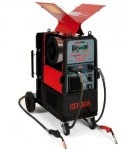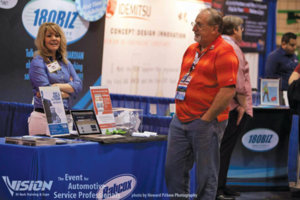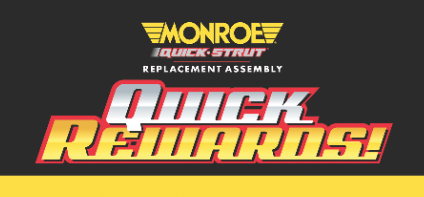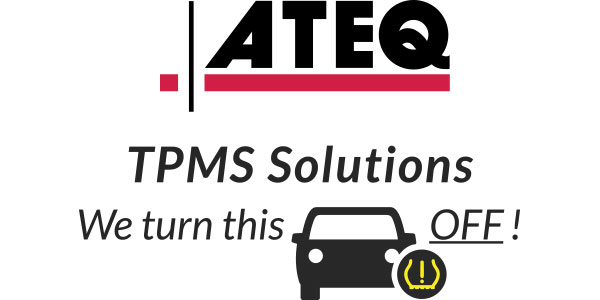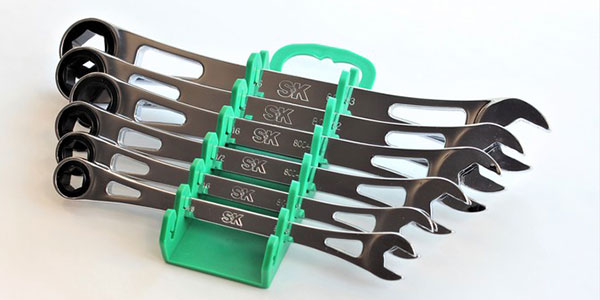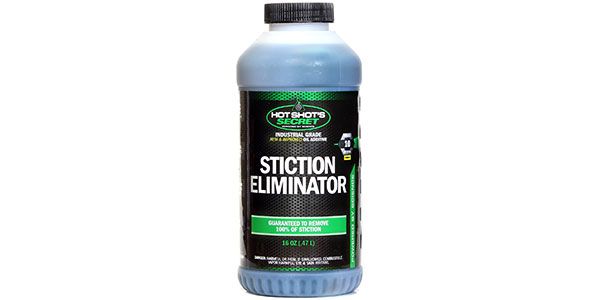The headlines read, “Local Business Destroyed by Fire” or “Gasoline Fumes Ignite Three-Alarm Blaze.” It is a common occurrence at businesses and homes throughout the country, especially during the winter months.
It is important to remember that open containers of gasoline, paint thinner and other solvents give off vapors that travel along floors and walls searching for an ignition source. Doors are closed and windows are sealed when it’s cold outside. Less fresh air moving through a building increases the quantity of flammable vapors and, consequently, the likelihood that they will combine with an ignition source. In most businesses, there is no shortage of ignition sources: pilot lights on water heaters and furnaces, welding equipment, discarded cigarettes, static electricity, sparks generated while grinding and the hot filament inside a light bulb that is exposed when broke.
The following guidelines may help you prevent fires at your business:
Gasoline
Proper handling and storage of gasoline is essential. Gasoline has a flashpoint of -45° F, and a mere 1.4 percent of gasoline vapors in the air (by volume) constitutes an explosive mixture. This is clearly a dangerous material that must be treated with respect.
- Never use gasoline as a solvent. There are many other less flammable alternatives.
- Store gasoline outside the building whenever possible.
- If it must be stored inside, keep gasoline in FM or UL approved receptacles.
- Always transfer gasoline out of tanks prior to removing them from the vehicle.
- Gasoline transfer operations should be conducted outside.
- Transfer the gasoline using an approved gas caddy or equivalent, never into open containers.
- Clean up all spills as quickly as possible.
- Avoid using incandescent utility lights around gasoline. Sealed fluorescent lights are safer.
Paints and Thinners
Paint thinner has many of the same properties as gasoline and must be considered equally as dangerous. Many paint and body shops have up to five or six 55-gallon drums of fresh and waste thinner inside their building. Under these circumstances, there is little hope of controlling or extinguishing a fire once it starts. Fire prevention fundamentals include:
- Store all unopened drums or containers outside the main building to separate the flammable liquids from valuable assets: spray booths, vehicles, tools and equipment.
- Use a small, properly equipped and detached building for storing all flammables.
- In conjunction with outside storage, limit quantities of flammable liquids in the work area to one day’s supply, and store them inside approved flammable liquid storage cabinets.
- If flammables must be stored inside your primary facility, build a flammable liquid storage room or install a prefabricated room.
- Inside storage rooms must be equipped with explosion-proof electrical equipment, a 24-hour mechanical ventilation system, a self-closing door, and a fire-suppression system.
- Attach ground wires to open drums to eliminate electrical potential between the drum and ground. Otherwise, there is a potential for generating electrical sparks.
- Provide bonding straps for connecting the drum and the container into which the thinner is being transferred in order to eliminate electrical potential between the two.
- Do not leave open containers of thinner sitting on tables in the paint mixing area. This common practice dramatically increases the potential for a fire.
- Storage and dispensing areas must be posted as “No Smoking” areas.
- Brake cleaner dispensed from 55 gallon drums has become commonplace in automotive repair garages. This substance is as dangerous as gasoline or thinner and should be stored and dispensed as described above.
Solvents and Degreasers
Although most highly flammable solvents have been replaced by “safety solvents,” some are still dangerous and should be addressed in your fire prevention efforts. Parts washers are common in the automotive industry, as are brake cleaners, carburetor cleaners, etc.
- Ask suppliers to provide alternative non-flammable solvents, if they are not already doing so.
- Consider switching to a water-based parts washing system.
- The lids on most parts washers are designed to close automatically in the event of a fire. Technicians should avoid stacking parts high enough to obstruct the lid.
- Inspect the fusible links (which melt at specific temperatures and allow the lid to close) to ensure that they are in good condition.
- Examine all aerosol spray solvents. Determine if they are flammable and replace with non-flammable or less hazardous alternatives.
- Store flammable aerosol solvents inside approved flammable liquids storage cabinets along with other hazardous materials.
If you have any questions or comments, contact your Zurich account executive or the Loss Prevention Department at (800) 821-7803.
This Loss Prevention Bulletin is provided for informational purposes only. Please consult with qualified legal counsel to address your particular circumstances and needs. Zurich is not providing legal advice and assumes no liability concerning the information set forth above.

